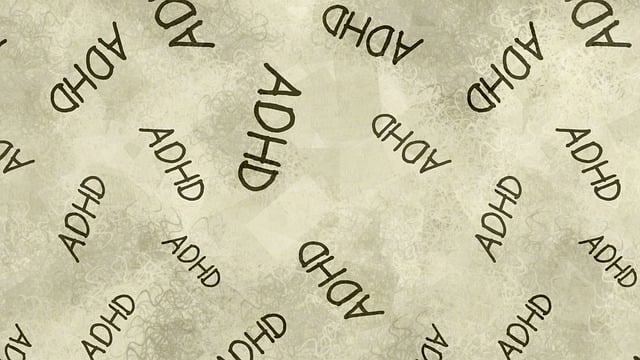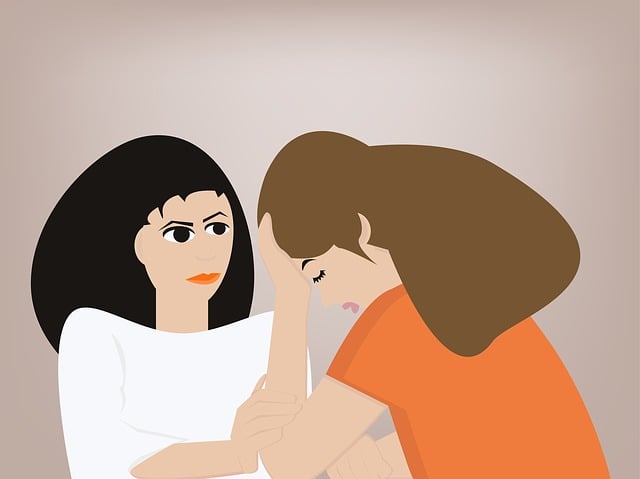Mental health policies are crucial in supporting young children, especially those with PTSD, by facilitating early and effective therapy. Strategies like improved access to specialized therapy, integrated mental health services, public awareness, and culturally sensitive practices prevent long-term psychological damage and promote resilience. Advocacy plays a vital role in driving policy reforms that increase access to quality therapy for vulnerable kids with PTSD, normalizing mental health conversations, and encouraging families to seek help. A comprehensive approach involving policy analysis, advocacy, evidence-based solutions, stakeholder engagement, trauma-informed care, and expanded trauma support services is essential to enhance the well-being of young individuals struggling with PTSD.
Mental health policy analysis and advocacy are crucial components in ensuring quality care for young children, especially those suffering from Post-Traumatic Stress Disorder (PTSD). This comprehensive guide explores the significant impact of mental health policies on vulnerable kids. We delve into the rising concern of PTSD in childhood and highlight the transformative power of advocacy in shaping specialized services. By analyzing existing policies, we identify gaps in treatment, while offering strategic insights for driving positive change in child mental healthcare, with a focus on effective therapy for young children dealing with PTSD.
- Understanding Mental Health Policy and Its Impact on Young Children
- Post-Traumatic Stress Disorder in Childhood: A Growing Concern
- The Role of Advocacy in Shaping Mental Health Services for Kids
- Analyzing Existing Policies and Their Effectiveness in Treating PTSD
- Strategies for Effective Policy Change and Improvement in Child Mental Healthcare
Understanding Mental Health Policy and Its Impact on Young Children

Mental health policies play a pivotal role in shaping the well-being of young children, especially those dealing with post-traumatic stress disorder (PTSD). Effective policy interventions can ensure that these vulnerable individuals receive timely and appropriate therapy, which is crucial for their development. The impact of mental health initiatives on young minds cannot be overstated, as early intervention can prevent long-term psychological scars and foster a sense of resilience.
Policy advocates emphasize the need for comprehensive strategies that address PTSD in children. This includes increasing access to specialized therapy services, integrating mental health support into primary care settings, and launching public awareness campaigns to reduce stigma associated with seeking help. Additionally, cultural sensitivity in mental healthcare practice is essential to engage diverse communities and ensure tailored interventions. By implementing such policies, societies can build a stronger foundation for the emotional well-being of young children.
Post-Traumatic Stress Disorder in Childhood: A Growing Concern

Post-Traumatic Stress Disorder (PTSD) in childhood is a growing concern within the mental health landscape. Young minds are particularly vulnerable to developing PTSD after experiencing traumatic events, such as abuse, neglect, or natural disasters. The impact of trauma on children can be profound and long-lasting, affecting their emotional well-being, social interactions, and academic performance. Early intervention is crucial; therapy for young children with PTSD focuses on providing a safe and supportive environment to process traumatic memories and develop coping mechanisms.
Empathy building strategies and stress management workshops tailored for both children and their healthcare providers are essential components of effective treatment. Healthcare provider cultural competency training plays a vital role in ensuring sensitive and culturally responsive care, as trauma’s effects can vary across different communities. By integrating these strategies, organizations can enhance the accessibility and quality of mental health services for young individuals, fostering resilience and promoting healthy development.
The Role of Advocacy in Shaping Mental Health Services for Kids

Advocacy plays a pivotal role in shaping and improving mental health services for young children, particularly those suffering from post-traumatic stress disorder (PTSD). Effective advocacy efforts bring attention to the unique needs of this vulnerable population and push for policy changes that enhance access to quality therapy. By highlighting the gaps in existing services, advocates can drive the implementation of community outreach programs tailored to address childhood mental health challenges.
Through passionate campaigns and strategic partnerships, advocacy groups facilitate better risk management planning for mental health professionals, ensuring a safer environment for both practitioners and young clients. This, in turn, fosters trust and encourages more families to seek help for their children’s anxiety relief, breaking down barriers that have historically hindered access to therapy. Such initiatives are essential steps towards normalizing conversations around mental health and ensuring kids receive the support they need to thrive.
Analyzing Existing Policies and Their Effectiveness in Treating PTSD

In the realm of mental health policy analysis, a critical area of focus is the effectiveness of existing policies in addressing Post-Traumatic Stress Disorder (PTSD), particularly among young children. The current landscape offers various interventions, including therapy types such as Social Skills Training and Mood Management, designed to target this growing concern. However, a thorough evaluation of these policies is essential to understand their impact on child trauma survivors. Many existing programs provide Crisis Intervention Guidance, which serves as a crucial initial response but often requires further tailored support for long-term recovery.
By examining the strengths and gaps in current policy implementations, advocates can push for more comprehensive strategies. This involves not only enhancing access to evidence-based therapies like those mentioned above but also ensuring these treatments are age-appropriate and culturally sensitive. The goal is to create a robust framework that effectively treats young children with PTSD, fostering their social development, emotional regulation, and overall well-being.
Strategies for Effective Policy Change and Improvement in Child Mental Healthcare

To achieve effective policy change and improvement in child mental healthcare, a multifaceted approach is essential. Mental Health Policy Analysis and Advocacy plays a crucial role by identifying gaps in existing services and championing evidence-based solutions. This involves rigorous research to understand the impact of current policies and the needs of young patients, especially those suffering from Post-Traumatic Stress Disorder (PTSD). By engaging stakeholders like healthcare providers, policymakers, and community organizations, advocates can build consensus and drive systemic change.
Implementing Compassion Cultivation Practices within these policies is game-changing. Trauma-informed care, for instance, ensures that young children receive support tailored to their unique needs, fostering resilience and healing. Enhancing access to Trauma Support Services, including specialized therapy for young children with PTSD, can significantly improve outcomes. This holistic approach not only addresses immediate concerns but also equips children with coping mechanisms for a brighter future.
Mental health policy analysis and advocacy are paramount in ensuring effective therapy for young children suffering from post-traumatic stress disorder (PTSD). By critically examining existing policies and their effectiveness, we can identify gaps and implement strategies for improvement. Advocacy plays a crucial role in shaping mental health services, ensuring resources and support for kids who need them most. Through collaborative efforts and data-driven decisions, we can revolutionize child mental healthcare, providing comprehensive and accessible treatment for PTSD and enhancing the well-being of our youngest citizens.








